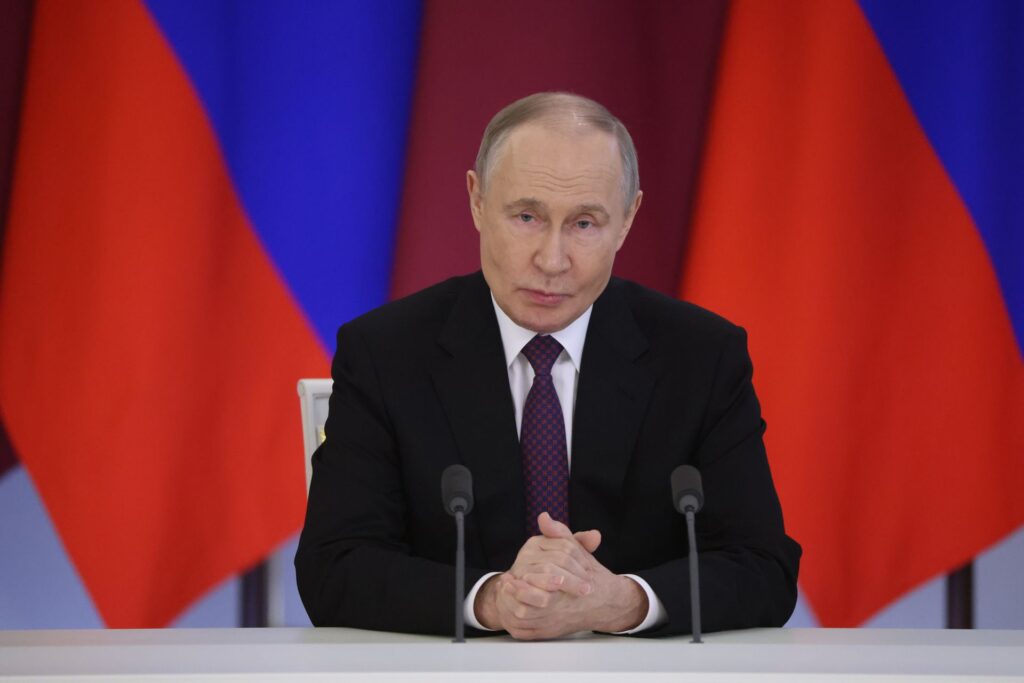The European Union’s 17th sanctions package against Russia, agreed upon on May 14, aims to intensify pressure on the Kremlin amid ongoing hostilities in Ukraine, particularly following Moscow’s refusal to accept a 30-day ceasefire. European Commission President Ursula von der Leyen heralded the package as a symbol of resolve, although some critics argue that it’s a gradual response lacking urgency, pointing to concessions made during negotiations that diluted its potency.
The package includes the expansion of the Shadow Fleet Blacklist—targeting nearly 200 vessels involved in illicit oil transport—and sanctions on new individuals linked to Russia’s military and political elite, as well as entities in China and the UAE circumventing existing restrictions. It also specifically addresses members of the judicial system involved in prosecuting Russian opposition figures.
Despite its ambitious appearance, lawmakers in Ukraine, such as Oleksandr Meretzko, expressed concern that the measures are too weak, reflecting frustration with what they perceive as the EU’s reluctance to sever economic ties with Russia, particularly in the energy sector. While the EU has set a roadmap to end energy dependency by 2027, immediate further actions appear hampered by resistance from member states like Hungary and Slovakia.
Additionally, the ongoing situation with direct talks between Ukraine and Russia raises skepticism regarding Moscow’s genuine commitment to peace. Critics argue that the EU’s actions should be more decisive and that the sanctions should align more closely with the severity of the conflict, warning that delays in robust measures allow continued funding for Russia’s military operations. Ultimately, the 17th sanctions package is seen as a small step rather than a game changer, and many believe that stronger, more immediate actions are necessary to impact the current dynamics effectively.
Source link


